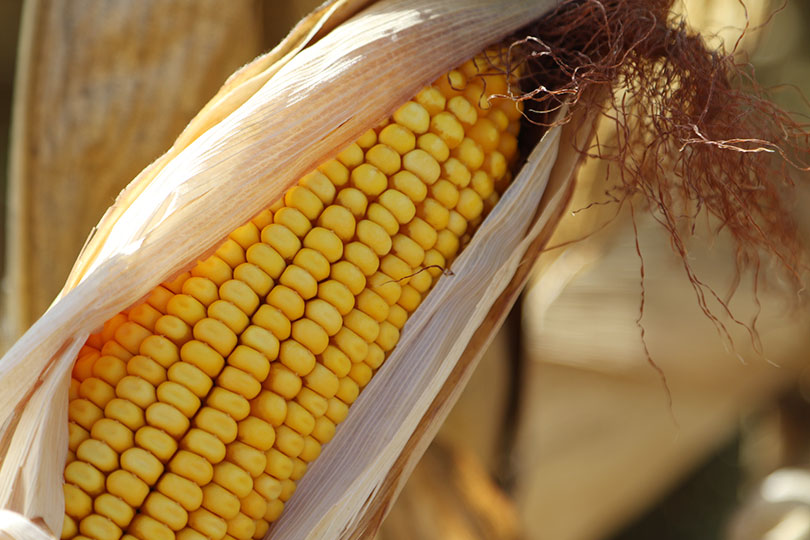By Jennifer Dorsett
Field Editor
Corn has more than 4,200 uses, and even more ways to use the versatile crop are being researched.
To further innovation, the National Corn Growers Association (NCGA) hosts the Consider Corn Challenge III to identify game-changing uses for field corn. This year, NCGA is specifically looking for ways to use corn that produce feedstocks for biobased products.
“Corn is an affordable, abundant, sustainably grown crop that has a myriad of uses and applications, which is why we are holding our third Consider Corn Challenge contest,” NCGA Market Development Action Team (MDAT) Chair and Iowa farmer Bob Hemesath said. “Corn’s cost as a feedstock has benefited greatly by improvements in technology, production and logistics efficiency. With society’s interest in more biobased products, we know we have the solution and that’s corn.”
Sugar, lipids and proteins are feedstock sources that can be used to develop biobased products. Specific application areas for the Consider Corn Challenge III are:
- biobased materials from novel mixes of corn-derived plastics
- compostable plastics with high tensile strength, such as netting or packaging materials
- heavy duty fuels or drop-in chemicals like sustainable aviation fuel, biodiesel derived from corn glucose, bunker fuel, etc.
- carbon fiber
- or other high-value molecules
In the first challenge, NCGA chose six winners focused on developing biobased materials, including malonic acid, furandicarboxylic acid, monoethylene glycol, aromatic chemicals (benzene, toluene, xylene) and unsaturated polyester resins.
These materials have a variety of applications, including high-tech composites and coatings, flavors and fragrances, plastic soda bottles, packaging materials, acrylic glass and adhesives, large plastic tanks and more.
In the second Consider Corn Challenge, three winners were selected whose technological advancements included starch-derived amylose inclusion complexes, hydrocolloid and performance-enhanced Nylon 6,6, applications.
Hydrocolloids have multiple applications in health and personal care, food, pharmaceutical and energy industries, according to founder and CEO of ExoPolymer Derek Wells, Ph.D., one of the Consider Corn Challenge II winners.
“As a past recipient of the Consider Corn Challenge award from the NCGA, we have been able to deepen our technology base regarding the differential properties of our novel materials,” Wells said. “Due to these efforts, we are currently investigating several targeted market applications and feasibility studies at scale. The award also helped to put a spotlight on our innovative approach, enabling us to raise additional funding and continue our progress. We are grateful for the recognition by the NCGA and are looking forward to further applying our technology for additional valuable uses of this important agricultural product.”
If all nine winners of the Consider Corn Challenges I and II reached full commercialization with products available in the marketplace, NCGA said the potential for additional corn demand could be about 2.9 billion bushels.
“Corn farmers continue to take advantage of the technology that allows them to grow a bigger crop on less land with less resources per bushel, and that means there’s enough carryout available to meet the needs for food, feed, fuel and new uses,” Hemesath said. “This contest is a way to help us think outside of the box and meet the needs of our customers, who are asking for sustainable, biobased products.”
Submissions must be the intellectual property of the applicant, or the applicant must be authorized by the owner of the intellectual property to submit on their behalf.
The submission deadline is June 3. Up to six winners will be selected, with a total prize pool of $150,000 to be split equally between winners.
NCGA or its state or other partners may explore funding or other support of an entry for further development and/or commercialization, even if the entry is not a prize winner.
Winners will be announced in September.
For more information, visit NCGA. Complete challenge details and application instructions are available here.

